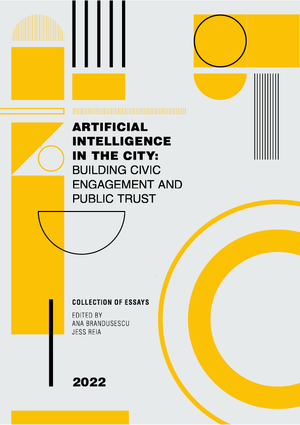Published in Artificial Intelligence in the City: Building Civic Engagement and Public Trust, this essay proposes how policies related to AI and data governance can support the restoration of rights and accountability for harms, drawing from restorative justice principles.
In February 2022, I attended an AI in the City: Building Civic Engagement and Public Trust symposium hosted by McGill University.
Inspired by the restorative justice model and frustrated that most artificial intelligence policy conversations focus on limiting assessments, I wrote a short essay entitled Restorative Information Justice which begins to outline how policies related to AI could support the restoration of rights and the accountability of harms—drawing from the principles of restorative justice.
Specifically, I considered how policies might focus on (1) restoring our information position (e.g., suppression remedies), (2) restoring our privacy protections (e.g., The Fourth Amendment Is Not For Sale Act), or more largely (3) restoring justice (e.g., using technology for accountability).
The text is open-access and available in English, French, and Spanish.

